- Home›
- Healthy Living›
- 10 Healthy Low Sugar Foods You Can Add To Your Diet
10 Healthy Low Sugar Foods You Can Add To Your Diet
By: Priyanka Maheshwari Sat, 10 June 2023 7:50:48

Maintaining a balanced and nutritious diet is crucial for overall health and well-being. One important aspect of a healthy diet is keeping sugar intake in check. Excessive sugar consumption has been linked to various health concerns, including obesity, diabetes, and heart disease. Fortunately, there are plenty of delicious and nutritious low-sugar foods that you can incorporate into your diet. In this article, we will explore 10 such healthy low-sugar foods that can help support your dietary goals and promote overall wellness.
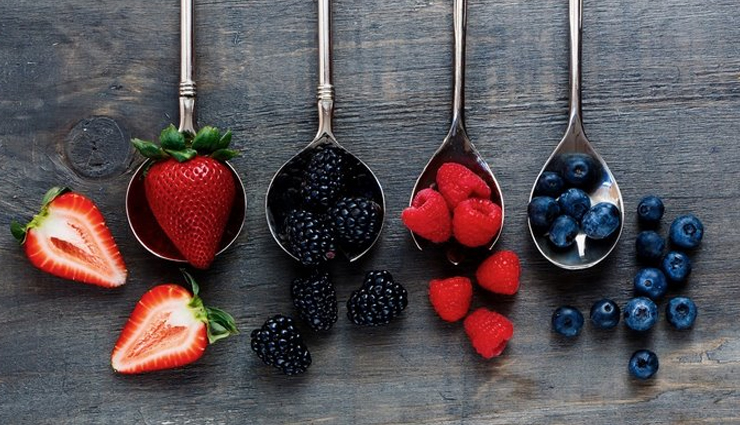
# Berries
Berries, such as strawberries, blueberries, raspberries, and blackberries, are naturally low in sugar compared to many other fruits. They provide a hint of sweetness without causing a significant spike in blood sugar levels. Berries are an excellent source of dietary fiber, which is beneficial for digestive health, satiety, and blood sugar control. Fiber helps slow down the absorption of sugar into the bloodstream, preventing sudden spikes and crashes in energy levels.
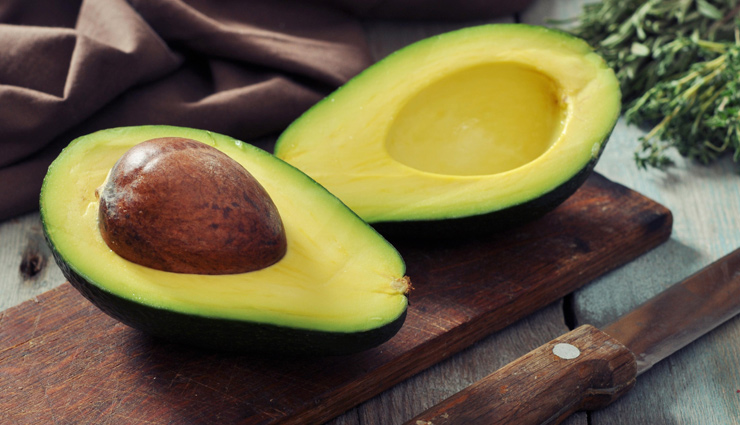
# Avocado
Avocado is naturally low in sugar, making it a great option for those who want to reduce their sugar intake. It contains less than 1 gram of sugar per 100 grams, making it a suitable choice for people watching their sugar consumption. Avocado is a good source of dietary fiber. Fiber is essential for maintaining a healthy digestive system, promoting regular bowel movements, and keeping you feeling full and satisfied. The fiber content in avocados can contribute to stable blood sugar levels. Avocados can contribute to better blood sugar control. The monounsaturated fats and fiber present in avocado help slow down digestion and the absorption of carbohydrates, preventing rapid spikes and drops in blood sugar levels.
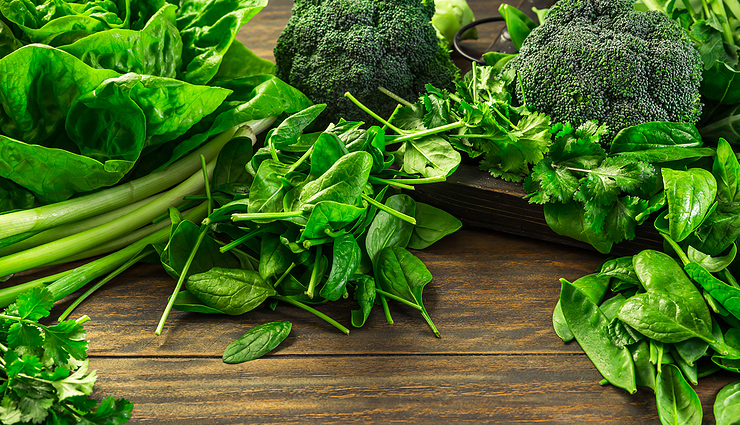
# Leafy Greens
Leafy greens such as spinach, kale, Swiss chard, and arugula are very low in sugar content. They are an ideal option for those looking to manage their sugar intake while still enjoying a nutrient-packed food. Leafy greens are packed with antioxidants, including lutein, zeaxanthin, beta-carotene, and vitamin C. These antioxidants help protect the body against free radicals, reduce inflammation, and support overall health.
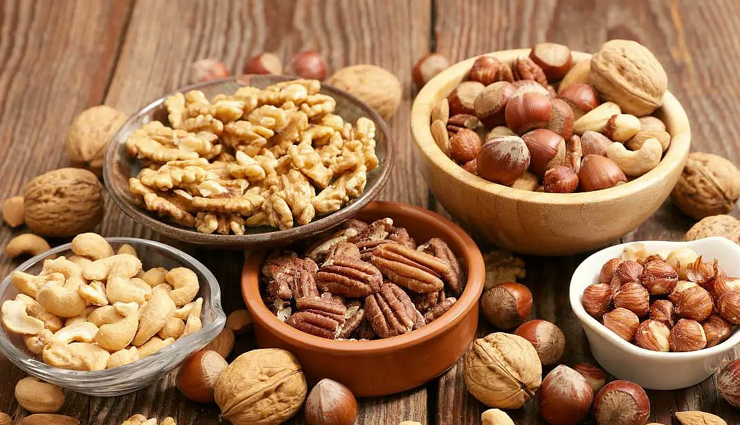
# Nuts and Seeds
Nuts and seeds generally have low sugar content, making them suitable for those looking to reduce their sugar intake. They provide a satisfying crunch and a wealth of nutrients without adding excessive sugars to your diet. Nuts and seeds are high in dietary fiber, which is important for healthy digestion, blood sugar control, and maintaining a feeling of fullness. Fiber also supports a healthy gut microbiome and can help regulate cholesterol levels. Regular consumption of nuts and seeds has been associated with a reduced risk of heart disease, stroke, and high blood pressure. The healthy fats and fiber in nuts and seeds help slow down the absorption of sugars into the bloodstream, resulting in better blood sugar control. They can also help prevent sharp spikes and crashes in energy levels.

# Greek Yogurt
Greek yogurt is lower in sugar compared to regular yogurt. It undergoes a straining process that removes much of the lactose (milk sugar), resulting in a tangy and creamy yogurt with a reduced sugar content. Greek yogurt's high protein content and low sugar make it a great choice for weight management. Protein helps increase feelings of fullness and can reduce appetite, leading to better portion control and weight control. The combination of protein, fat, and fiber in Greek yogurt helps promote satiety and stabilize blood sugar levels. It can help prevent spikes and crashes in energy levels, making it a suitable choice for those with diabetes or individuals looking to manage their blood sugar levels.
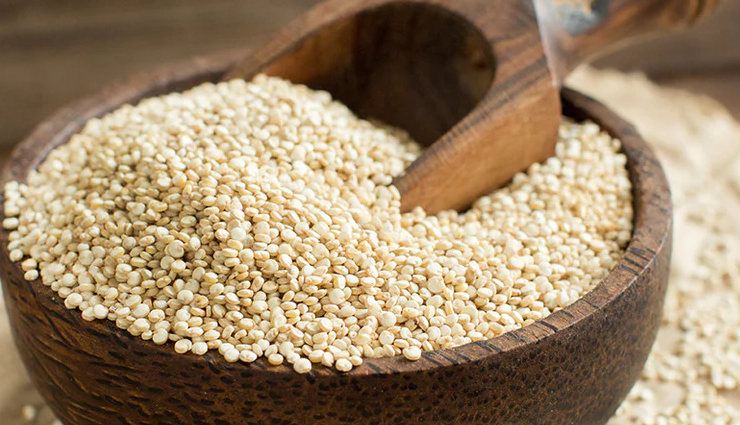
# Quinoa
Quinoa is naturally low in sugar, making it a suitable option for individuals who are watching their sugar intake. It has a mild, nutty flavor that pairs well with various dishes. Quinoa is a complex carbohydrate, meaning it provides a steady release of energy and helps maintain stable blood sugar levels. This can prevent spikes and crashes in energy and help control cravings. Quinoa is packed with essential nutrients. It is a good source of iron, magnesium, phosphorus, manganese, and vitamins B6 and folate. These nutrients are important for energy production, brain function, and overall well-being.

# Lean Protein
Lean proteins, such as skinless poultry, fish, lean cuts of beef, and tofu, are naturally low in sugar. They offer a satisfying and nutrient-dense source of protein without adding excessive sugar to your diet. Including lean proteins in your meals can help with weight management. Protein is more satiating than carbohydrates or fats, which can help reduce appetite and prevent overeating. It also has a higher thermic effect, meaning your body burns more calories digesting and processing protein compared to other macronutrients. Lean proteins can be prepared in various ways, allowing for culinary versatility. They can be grilled, baked, broiled, or stir-fried with a variety of herbs, spices, and marinades to enhance flavor without adding unnecessary sugar.
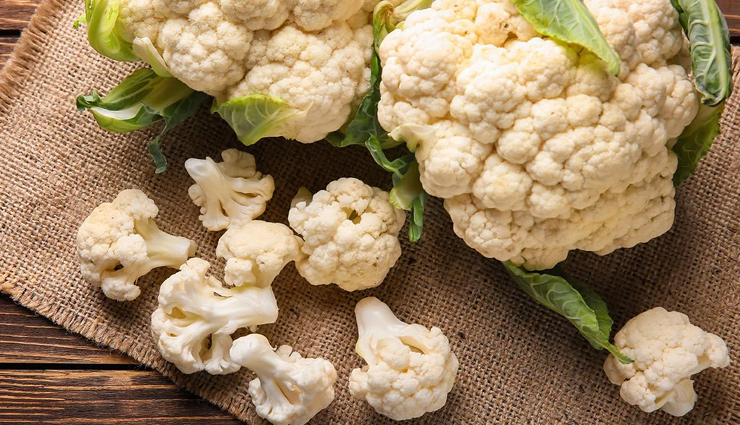
# Cauliflower
Cauliflower is naturally low in sugar, making it an excellent option for individuals who want to limit their sugar intake. It can be enjoyed as a part of a low-sugar or low-carbohydrate diet. Cauliflower is rich in dietary fiber, which aids in digestion, promotes feelings of fullness, and helps maintain stable blood sugar levels. Fiber also supports a healthy gut and can contribute to weight management. Despite being low in calories and sugar, cauliflower is packed with essential nutrients. It is a good source of vitamins C, K, and B6, as well as folate, potassium, and manganese. These nutrients play various roles in supporting overall health and well-being. Including cauliflower in your diet helps diversify your vegetable intake and contributes to a well-rounded and balanced eating plan. Its low sugar content, combined with its nutrient density, makes it a valuable addition to a healthy lifestyle.
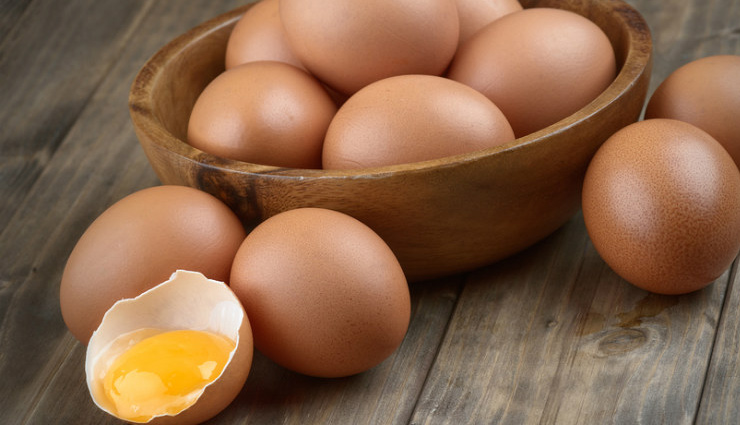
# Eggs
Eggs are naturally low in sugar, making them an excellent option for individuals looking to limit their sugar intake. They contain only trace amounts of sugar and are considered a sugar-free food. Eggs are packed with essential nutrients. They are rich in vitamins such as vitamin A, vitamin D, vitamin E, vitamin B12, and folate. They also provide minerals like iron, selenium, and phosphorus. These nutrients play vital roles in maintaining overall health and well-being. Eggs have a minimal impact on blood sugar levels and can help maintain stable blood glucose levels. Including eggs in meals can contribute to better blood sugar control and reduce the risk of insulin spikes and crashes.
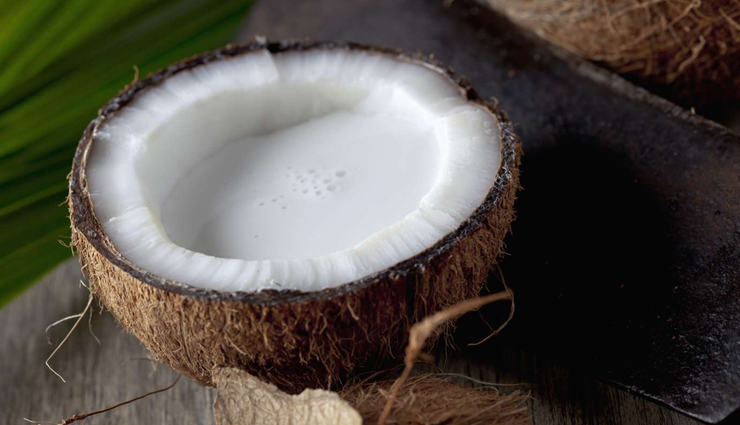
# Coconut Milk
Coconut milk is naturally low in sugar, making it a suitable option for individuals who want to reduce their sugar intake. Unsweetened coconut milk contains minimal amounts of added sugars, if any. Coconut milk adds a rich, creamy texture and a slightly sweet, tropical flavor to dishes. It can enhance the taste and mouthfeel of both sweet and savory recipes, making it a versatile ingredient in cooking and baking.





